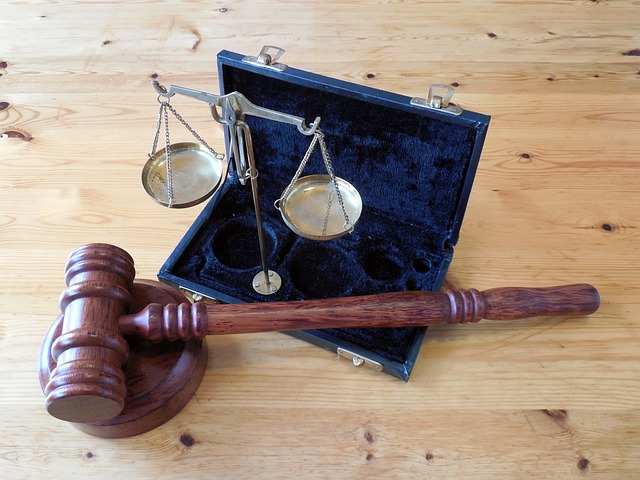The law allows a defendant to appeal the conviction after a court finds him guilty and passes a sentence on him. The appeal may be on several grounds, like a violation of constitutional rights, procedural errors, etc. The point is despite the court passing sentence, it may allow the defendant to post bail and obtain release from custody pending the hearing of the appeal.
Not a Constitutional Right
Post-conviction bail is not a constitutional right like the defendant has while awaiting trial and not all states allow it. If a court has found you guilty of a crime, the laws of your state will dictate whether you can get bail while preferring an appeal. In some states, judges have significant discretion in allowing defendants bail and setting the bail amount if they find it appropriate, while other states do not have any provision for granting post-conviction bail. If a judge denies you bail or sets an abnormally high amount, you can appeal his decision, but usually, the appeal will not be successful unless you can prove that the judge did not consider relevant factors.
Defendant Has to Prove Bail Is Appropriate
If you want to get bail after the court in Roxboro, NC has pronounced you guilty of a crime, you will need to prove that such bail is appropriate. The court will consider the nature and severity of the crime committed and the sentence awarded to determine the grant of bail. It follows the court will not usually grant bail in case of a serious crime like murder or rape. The logic is that the defendant can no longer claim to be innocent and may pose a danger to the community due to his history of violence. The judge will also be unwilling to consider granting bail if he has passed a lengthy jail sentence because it is more probable that the defendant will flee in case his appeal does not meet with success.
Availability of Bail
According to Nolo, most of the time, the court will not entertain applications for bail by defendants convicted of serious or violent crimes. However, some jurisdictions may grant bail post-conviction in case of the defendant’s sentence is shorter than the time anticipated hearing and resolving the appeal. Some states allow defendants bail after conviction if the sentence is shorter than the time the court would require reviewing the appeal and passing the judgment. Most misdemeanors will qualify for bail pending appeal because, typically, appeals may take a considerable time for the courts to hear and resolve.
Conclusion
Some other factors may also impact the grant of bail during appeal. For example, the judge is likely to consider the defendant’s criminal record, a record of jumping bail, employment status, and standing in the community. If the defendant has a history of irresponsible behavior, the judge may deny bail on the grounds he is a threat to the community and may commit more crimes. The judge will also deny bail if he thinks the defendant will tamper with evidence when out on bail.







Recent Comments